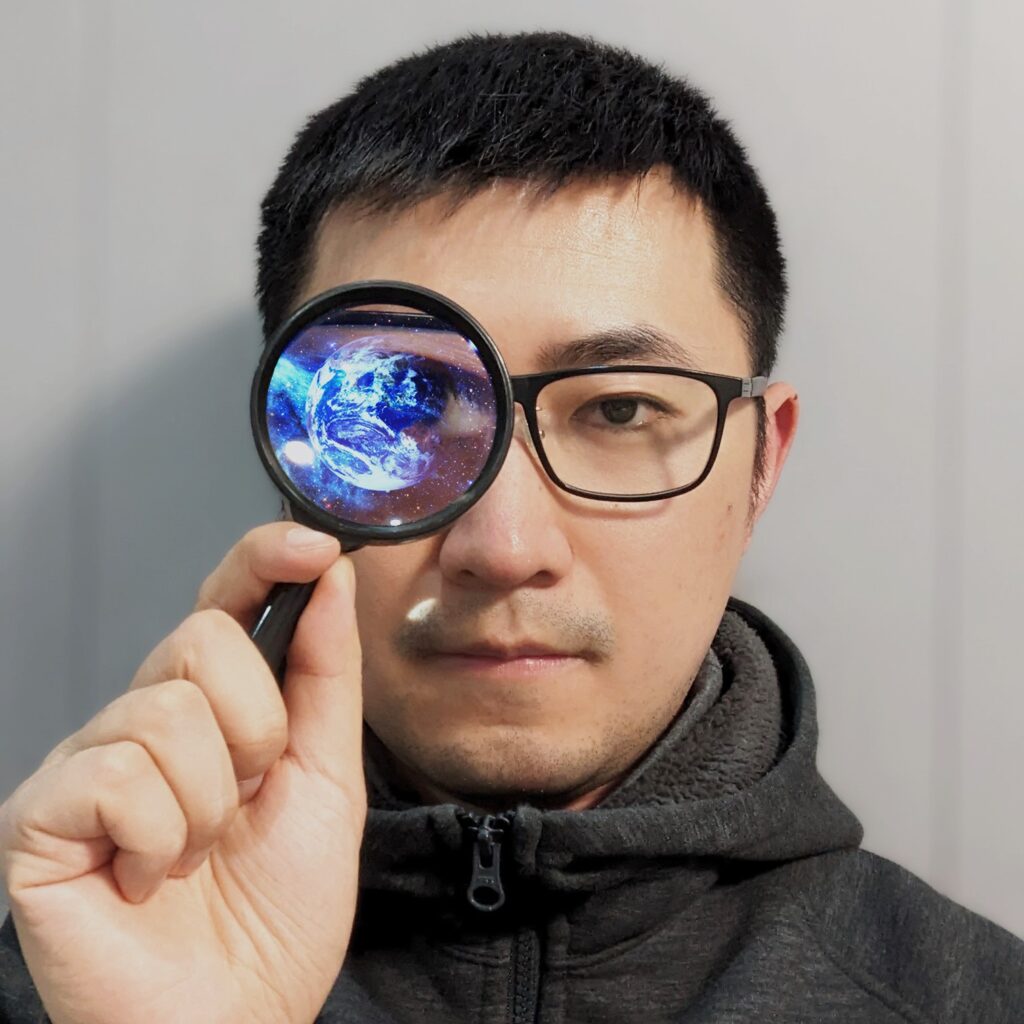Stanley O'Shea
I started my dream of becoming a psychologist back in middle school because of my deep interest in UFO research at that age. When the victims subject to alien abduction were mistrusted by the public, including those close to them, it was the psychologists who brought them justice through hypnosis. To me, it demonstrates their willingness and capability to help the victims instead of letting society do extra harm to them. Unsurprisingly, this goal was subconsciously driven by the fact that I grew up unhappy in a non-supportive family who rarely listened to my requests.

Despite my goal, I didn’t apply to any psychology program in college, knowing that psychology education in mainland China was controlled by an ideology that misaligned with my personal value system. Instead, I obtained an engineering degree in Bioinformatics (2008-2012, Tongji University, a German-style public school in Shanghai), with my final-year project on Brain-Computer Interface in collaboration with grad students in Computer Science. I was accepted into and then dropped out of a Ph.D. program in Speech and Hearing Science (2012-2014, Ohio State), where my training was focused on music and speech perception, before moving to UC Davis Center for Mind and Brain to work as a full-time research assistant and lab manager (2015-2017), conducting research on auditory neuroscience under an NIH grant, surrounded by world-class researchers. In the meantime, I’ve always maintained my passion for mental health care. I received training in peer counseling in college, and autism intervention in a group setting at UC Davis Medical Center (2016-2017) under the supervision of renowned clinicians. If you have read my book, you will know that I have acquired a variety of skills through my own experience as a patient/client.
This psychological memoir I published mainly covers my breathtaking experience in Columbus, Ohio, as a minority international student with funding but no cohort, with language proficiency but no privilege, with legal status but no stability. However, that was only half the journey. From my first full-time position at UC Davis, in my late 20s, I acquired a chronic injury called repetitive strain injury, after my employer quietly replaced a well-established video-editing program with a cheap one. (If you asked him nowadays, he would tell you that I worked too hard.) It’s noteworthy that I was his only employee at that time so I had to carry on with the work. Due to some misguidance by a crucial character in my book, I left my original career in research. I couldn’t pursue the clinic either, given that I had to seek effective treatment for my medical condition globally — the healthcare in my country of origin was far behind the American counterpart. Thankfully, after many painstaking years of learning, fighting, and exploring, I regained control of my life, step by step. Meanwhile, my original American dream has become implausible to pursue.
To maximize the meaning of this life, I decided to share my life history to help those people on a similar path. As an academic dropout, I aim to capitalize on my hybrid background (engineering, healthcare, psychology, neuroscience, music, etc.) to help those who may benefit from my experience and skills.
That being said, without a graduate-level degree in psychology, I cannot advise people with the title of a psychologist, not to mention a self-help guru. That’s why I wrote this memoir and deliberately filled it with psychological analyses.
I co-authored 4 SCI journal articles and co-invented one patent on BCI. My main expertise in science in those days included experimental design and programming, signal processing (using Matlab and Audition), and some statistics. Due to the controversial nature of my memoir and for the sake of confidentiality, my handful of academic publications will only be shared upon serious requests.
As stated in my book, I am an empiricist, an Objectivist, and a globalist. To be more specific: I am more experimental than theoretical, more realistic than idealistic, more individualistic than collectivistic, and more international than nationalistic. I am openly pro-immigration and pro-assimilation, for the most part. Hope this can help you decide whether or not my book and/or services can be useful for you.
